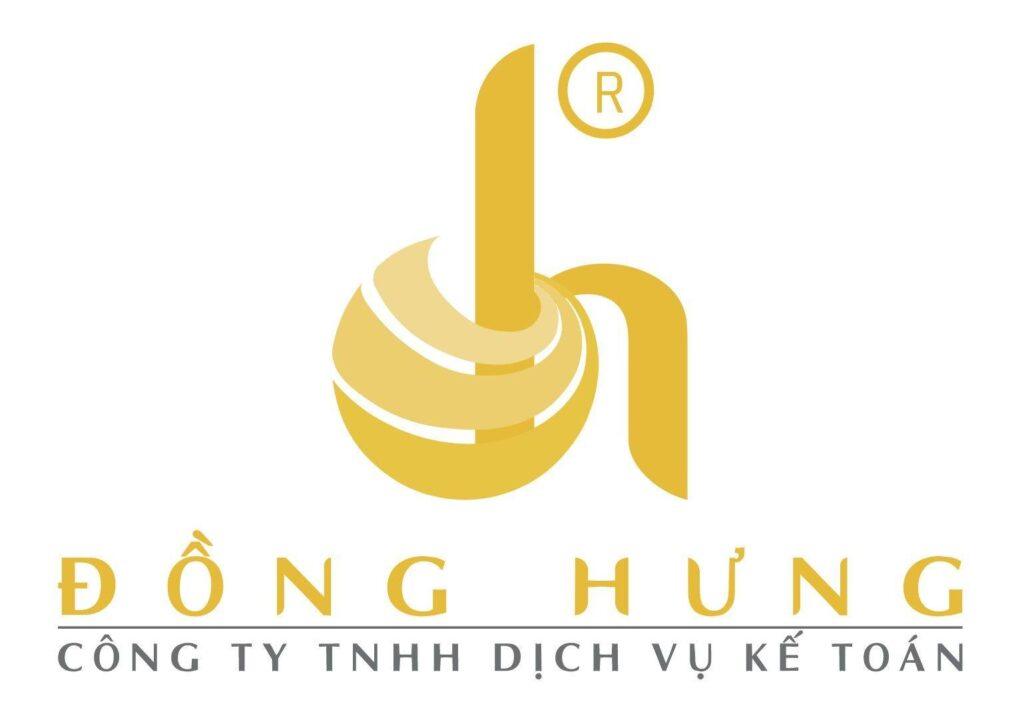In the report about the tax collection management in the EPZs in Hanoi, HCM City, Binh Duong and Dong Nai, the government inspectors informed that 399 enterprises in the EPZs paid VND688 billion in tax at the end of 2011.
Especially, a half of the enterprises (125/399) reported loss despite the big turnover of VND32.563 trillion. The other 69 enterprises reportedly incurred the loss of VND1.829 trillion over the last two years.
More than ¼ of enterprises have reported loss over the last three consecutive years, in the majority of which the inspectors have found the signs of conducting the transfer pricing.
The 100 percent Japanese invested Sumitomo Bakelite Company Ltd topped the list of unprofitable businesses with the accumulative loss of VND777.67 billion in the last three years.
Meiko Vietnam, also a Japanese invested enterprise, reported the loss of VND300 billion. It was the investor of the biggest electronics project in the former Ha Tay province in 2006.
In Dong Nai province, inspectors found 4 businesses with big reported loss. Toshiba Asia took a loss of VND430 billion in the last three years, Olympus Vietnam VND256 billion over the last two years.
What to do?
The enterprises which reported loss despite the big turnover have been put under the probe by management agencies.
The agencies have also named the names of the enterprises suspected of conducting the transfer pricing, the thing they hesitated to do in the past. This has been hailed as an “encouraging success” of the agencies in the battle against the transfer pricing.
The determination to combat the transfer pricing has never been so strong as nowadays, which can be seen in a series of moves taken recently.
Deputy Prime Minister Hoang Trung Hai many times requested the Ministry of Finance to team up with other relevant ministries to build up an action plan and annual plans, commencing from 2012, in order to more effectively control the transfer pricing activities by foreign invested enterprises FIEs.
What will the management agencies do next? Analysts say they fear nothing more would be done. The behavior of transfer pricing needs to be proved with clear evidences. Meanwhile, it is very difficult to find evidences.
Eurocham, in the official document sent to the Vietnam Business Forum held on the threshold of mid term consultative group meeting, noted that the transfer pricing investigation is within the scope of general tax inspection, but this is not enough to discover the unhealthy transfer pricing plans.
The association believes that the currently applied transfer pricing inspection process is not clear, or not clear enough. Therefore, it is necessary to heighten the efficiency of the inspection procedures and give detailed guidance about how to follow the procedures.
While some experts urge the government to take more drastic measures to fight against the transfer pricing, others think that the fight would not bring efficiency, saying that this is like “David fights Goliath,” because FIEs could be seen as the giants backed by professional consultancy firms.
US$1 = VND21,000
em style=”margin: 0px; padding: 0px;”>Thanh Mai

Tin liên quan
Bài 3: Giấy chứng nhận đầu tư có phải là căn cứ pháp lý không?
Tiếp theo nội dung chia sẻ tại hai bài trước Bài 1: Hiểu thế nào về “Giấy chứng nhận đầu tư” và Bài 2: Giấy chứng nhận đầu tư do Chủ tịch UBND tỉnh cấp dó Giá trị pháp lý không?, để đi tìm câu trả lời cho phát biểu...
NHẦM TƯỞNG “CHẾT NGƯỜI”
Thời gian qua, rất nhiều Ông/bà chủ các doanh nghiệp liên tục hỏi tôi liên quan đến nội dung Công ty tư nhân làm chủ thì có bị kiểm toán bởi Kiểm toán Nhà nước không? Khi đã được kiểm toán Nhà nước kiểm toán rồi nếu cơ quan quản...
Quy định nội bộ về phòng, chống rửa tiền
Thực hiện theo văn bản số 7020/BTC-QLKT ngày 5 tháng 7 năm 2024 của Bộ Tài chính về công tác phòng, chống rửa tiền và công tác phòng, chống khủng bố, tài trợ khủng bố và văn bản số 2762/BTC-QLKT ngày 18 tháng 03 năm 2021 về việc thực hiện...
Bài 2: Giấy chứng nhận đầu tư do Chủ tịch UBND tỉnh cấp có Giá trị pháp lý không?
Tiếp theo bài 1: Hiểu thế nào về “Giấy chứng nhận đầu tư”, trong bài viết này, chúng tôi tiếp tục tìm hiểu, phân tích, đối chiếu các quy định của pháp luật liên quan đến giá trị pháp lý của một văn bản do cơ quan nhà nước có thẩm...
Giấy chứng nhận đầu tư có phải là căn cứ pháp lý không?
Bài 1: Hiểu thế nào về “Giấy chứng nhận đầu tư” Gần đây, bạn đọc và nhà đầu tư nói chung đang rất hoang mang khi xem phóng sự trên đài truyền hình quốc gia VTV nội dung phát biểu của một vị là Phó giám đốc Sở Kế hoạch...